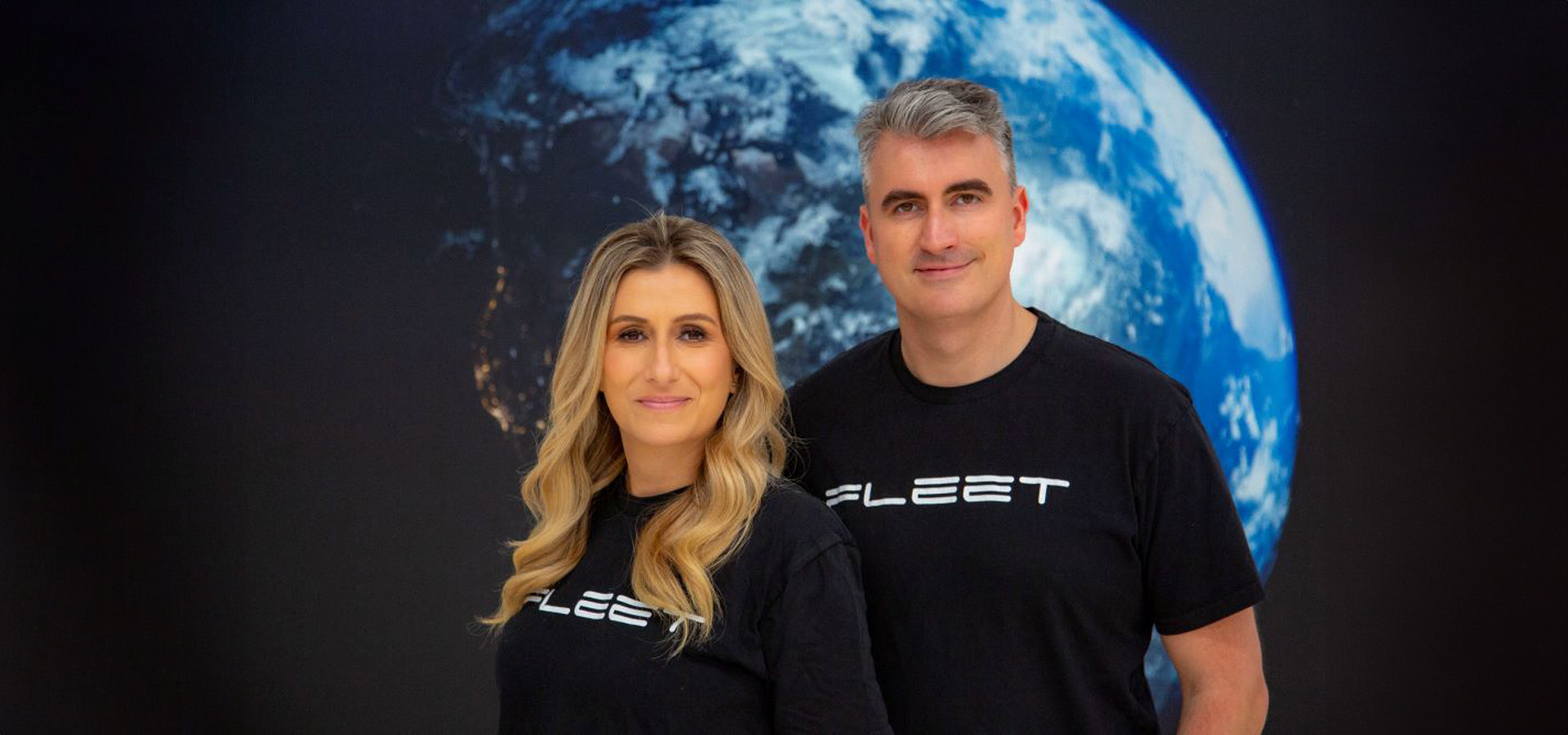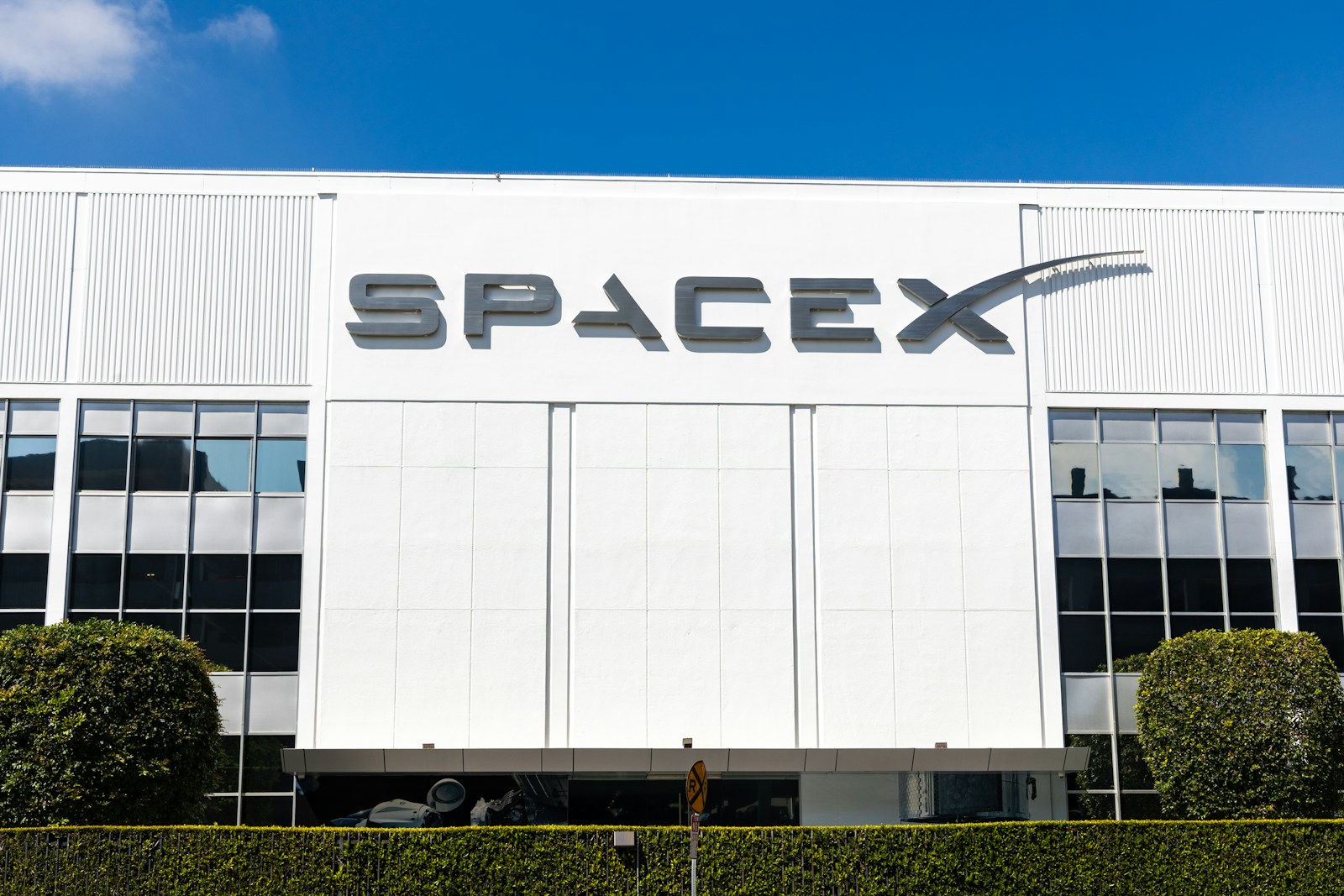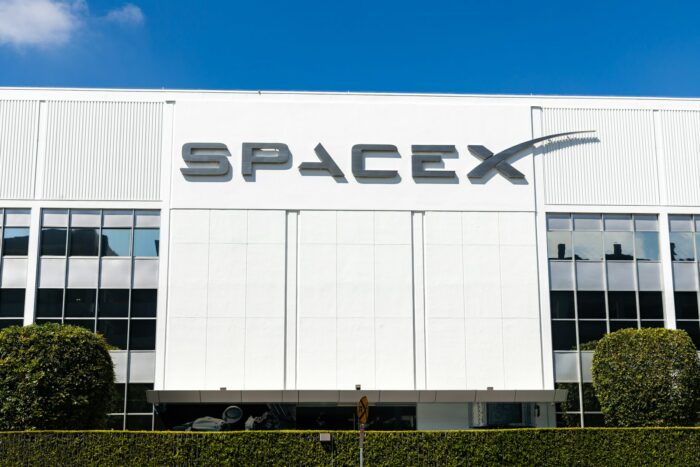According to recent news, South Korea is planning the development of a next-generation launch vehicle, the expansion of its domestic space industry and the reinforcement of its national space defence system, representing a 19.5% increase over the previous year and is the highest amount ever budgeted for space by South Korea.
However, the private sector is getting in on the act too, with a private company winning the bid to lead the government project for the first time since the country’s Nuri rocket launched payloads into space.
Third Launch
A third launch of the Nuri space rocket is scheduled for the 24th of May, of which the technology transfer and project management for the launch were secured last year by Hanwha Aerospace, the sole aircraft engine manufacturer in South Korea based in the capital, Seoul. In addition to overseeing the third launch, the company will receive vital technologies from the Korea Aerospace Research Institute and intends to invest 50 billion won, or nearly US $37 million by 2025 in establishing rocket assembly and core component manufacturing facilities at Suncheon and Goheung in Jeollanam-do, respectively.
Hanwha hopes to become a comprehensive provider of space solutions through this technology transfer.
Self-sustaining Ecosystem
The private sector is being brought on board as part of government efforts to enhance the technological reliability of the Nuri rocket and develop a self-sustaining space industrial ecosystem, apparently inspired by NASA’s technology transfer to SpaceX.
“Our goal is to provide comprehensive space solutions, leveraging our launch service expertise and relationships with our sister companies. This entails building a strong space industry value chain, including satellite manufacturing, space transportation, and exploration,” said Kim Nam-yeun, Communication Manager at Hanwha Aerospace.
“SpaceX’s Falcon 9 is capable of deploying a 23-ton payload in a single launch, enabling cost-effective satellite deployment. Moreover, its highly advanced reusable rocket engines further drive cost reduction,” said Chang Young-keun, a Professor at the Korea Space University, believing innovation could be achieved through public-private collaboration without rising costs. However, he made it clear that because South Korea started relatively late in the field, he doubts it could outperform other nations:
“Nuri is an impressive feat considering South Korea’s late entry into space technology. However, looking at the current blueprint, South Korea may face challenges in developing reusable engines in the near future, a technology that has already been mastered by SpaceX. This makes it unlikely for Korea to gain a competitive edge.”
Featured image: “South Korea’s space industry set to soar with private sector joining Nuri rocket launch”. Credit: Arirang News Center
If you found this article to be informative, you can explore more current space news, exclusives, interviews and podcasts here.
Share this article:










